Thanks alot for the information guys, I'm really learning alot! Well the thing is, I'm marketing towards the same people that would go to Picture People, and they use 20D and 40D cameras, so I was thinking that the t5i would be better than the 40D already anyways. If the t5i really isn't a step up in quality from the previous rebels, what about a Nikon 5200, would this be a better choice than the rebel for quality? Also, I'm doing alot of reading and people are saying that the best quality of picture comes from prime lenses and I should avoid zoom lens if I want studio work.
As an Amazon Associate we earn from qualifying purchases.


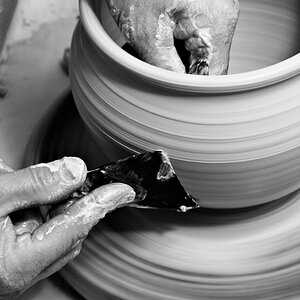
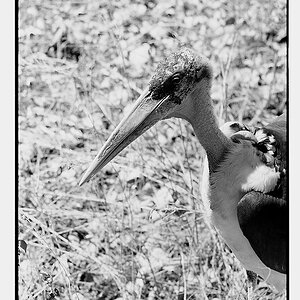
![[No title]](/data/xfmg/thumbnail/30/30884-b92cca2d3ad6f728825cf7e936e8cef6.jpg?1619734496)
![[No title]](/data/xfmg/thumbnail/42/42019-e6f4e7422d2f8ec66dade714c8b21766.jpg?1619739979)

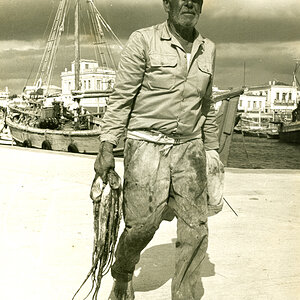
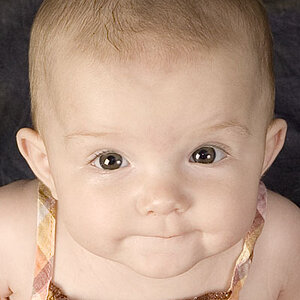
![[No title]](/data/xfmg/thumbnail/42/42022-b164b48fbcd31e32040c4983ecb8983a.jpg?1619739981)

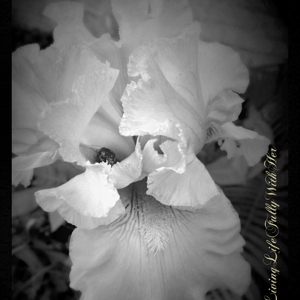
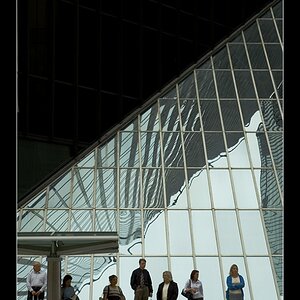
![[No title]](/data/xfmg/thumbnail/39/39440-bc17565eb7adee7f9859c53933e8543c.jpg?1619739033)